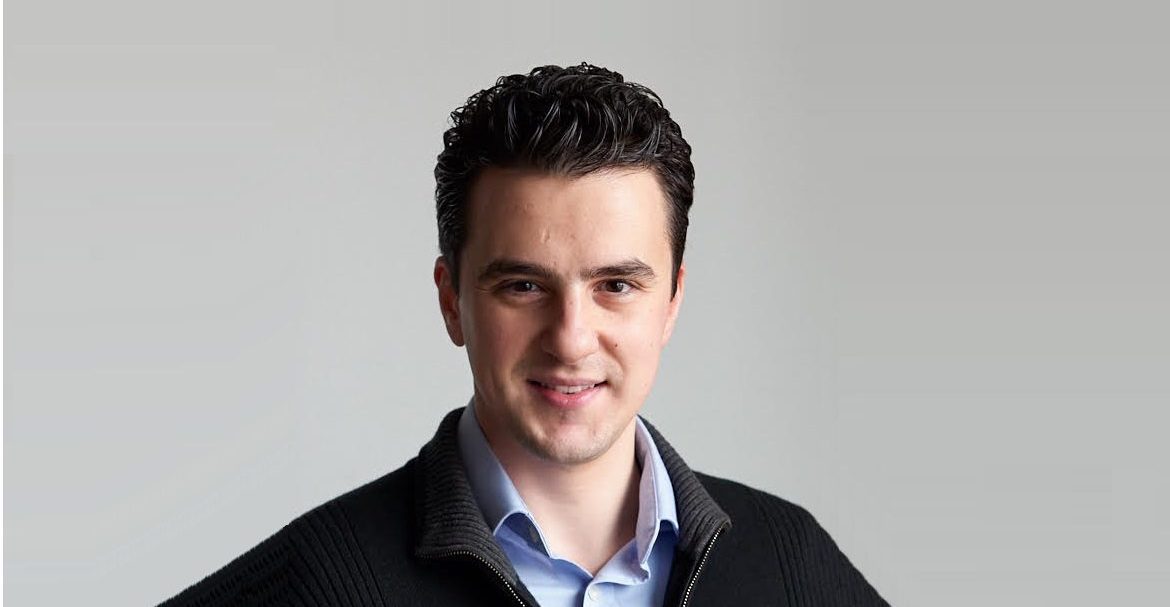CEO and co-founder of Onfido Husayn Kassai is on the forefront of identity and privacy verification technology.
With Covid-19 sending shockwaves through the economy and impacting almost every sector, Kassai and his company have still managed to raise $100 million in the latest funding round. More and more people look to virtual options for identity verification now, and Kassai banks on that. The company has already seen a weekly four-fold increase in demand in online healthcare and pharmacies.
This virtual option, a proposed “immunity passport”, would theoretically allow for those who are immune to Covid-19 to securely confirm the record of their immunity while not revealing any other information. This would allow places like hotels, for example, to confirm the immunity of their guests and conduct business safely.
Personal Difficulties Inspired Husayn Kassai to Establish Onfido
Husayn Kassai founded Onfido in 2012 with two of his Oxford friends and classmates. All three had prestigious internships while at university – Merrill-Lynch, Credit Suisse, and Mitsubishi UFJ – but did not feel challenged. “Perhaps there is another alternative,” they thought. At that point Kassai became the President of Oxford Entrepreneurs, which gave him the experience necessary to start Onfido later on.
Apart from the entrepreneurial impulse, Kassai had a personal reason that drove him to start Onfido. “As a migrant from Iran to the UK at a young age, I saw the hardship my parents endured in gaining access to basic things like a bank account, because of the limitations associated with identity and the credit bureau system,” he tells Data Innovation. With that in mind, once he teamed up with Onfido co-founders Eamon Jubbawy and Ruhul Amin, they decided to tackle the issue of identity verification technology.
Onfido Streamlines Identity Confirmation and Security
Onfido has some impressive backers, including those who have invested in Netflix, Airbnb, and Microsoft. The company’s technology has already been implemented in multiple financial tech apps, such as Revolut or Expensify. Mike Zappert, partner at TPG Growth, which is one of the major investors in Onfido, says, “There is enormous demand for secure and simple identity verification and authentication across major sectors and we see Onfido becoming the new standard for digital access.”
But how does Onfido work?
It uses cutting edge technology such as artificial intelligence and biometrics, ensuring the greatest degree of privacy possible. First, the software assesses a government-issued ID for authenticity, and then compares a user’s face to confirm their identity. A user can control how high of a degree of confirmation they want of their customers, making Onfido highly flexible. Furthermore, every step is consent-based to ensure that all sides know what information is provided to whom. It can be used in industries beyond finance but in any that requires identity confirmation.
Husayn Kassai Turns to Covid-19 Changes
Kassai’s addition of “immunity passports” could have a deep impact on society’s path to a “new normal”. They would allow for safe travel for those who have already experienced the illness and have antibodies protecting them against the pathogen.
“Our approach is to bind your digital identity to your test results at the outset, and hep you prove it on an ongoing basis,” Kassai explains. The software would allow people to use a photograph of their face to pull up a QR code that would verify their immunity. This would help businesses that have been struggling during this pandemic. Many have little to no business as people simply do not want to risk going outside.
Onfido’s approach is secure. They would store the data on an individual server for each user to guarantee privacy. However, this technology faces a number of hurdles yet. Logistically, it would require widespread testing, as well as a better understanding of long-term immunity – or lack thereof. Additionally, the Ada Lovelace Institute raised some ethical concerns about the new tech. Specifically, they noted it could “pose extremely high risks in terms of social cohesion, discrimination, exclusion and vulnerability.”
But investors must consider the massive pros as well as the cons. “Immunity passports” could not only help not only businesses in need, but also to verify the identities of volunteers. Onfido has already offered their services for free for the last 6 months to non-profits involved in healthcare, home service, and education.
For further information, visit Onfido’s official website.



